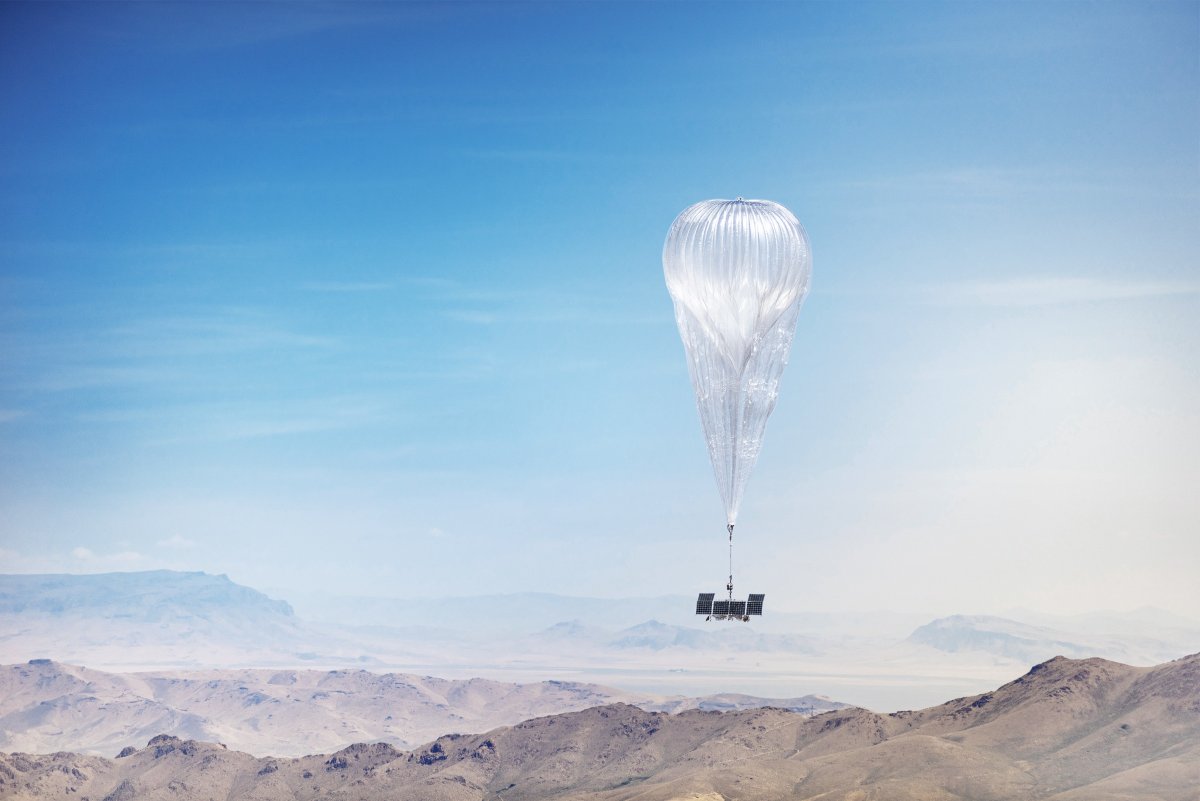No internet connection via balloons: Google parent Alphabet closes Loon
Source: Heise.de added 22nd Jan 2021The Google parent company Alphabet closes the company Loon, which has worked to connect regions with insufficient coverage to the Internet via stratospheric balloons. Originally it was a project from Google’s research department X, in the summer 2018 it was transferred to its own company.
As Loon managing director Alastair Westgarth now explains, it was not possible to reduce the costs of development and construction to such an extent that it was possible to build up a long-term business.
Internet for the “last billion” Google had 2013 the first Test balloons launched for Loon. Long rows of stratospheric balloons were planned, which would be driven around the earth by stratospheric winds at kilometers and act like cell phone towers. They should get their energy from solar modules and be maneuverable. They should communicate with each other and thus form a network in the upper atmosphere. Users should be able to connect to the balloons, which in turn would establish contact with the Internet. This should give people in remote regions of the world the opportunity to go online. The technology had already been used after natural disasters, including a commercial network was planned for Kenya.
Westgarth now explains that Loon was not mainly about that is to get the next billion people on the Internet, but the last billion. He is referring to those who live in regions that cannot be connected to the Internet at affordable prices with current technology. Google is not the only company that has tried completely new approaches to connect such communities to the Internet. Facebook had wanted to do something similar with huge drones that circled at high altitude over remote regions and provided them with network coverage. In the summer 2018 the Aquila project was scrapped.
Currently, several companies are concentrating on satellite-based Internet for similar projects. The Starlink constellation from SpaceX is a clear pioneer. Elon Musk’s space company has now launched more than 1000 satellites into space and the first customers can already test the offer. At prices of 99 US dollars (85 euros) per month, however, it applies probably more to people who are not reached by broadband expansion in industrialized countries and not to the “last billion” that Loon was supposedly aiming at. At the same time, the question of the profitability of such an offer should be easier to answer for SpaceX.
(mho)
brands: ACT Aquila First Google It New other Pioneer Space Wanted media: Heise.de keywords: Alphabet Elon Musk Facebook Google Internet Phone SpaceX
Related posts
Notice: Undefined variable: all_related in /var/www/vhosts/rondea.com/httpdocs/wp-content/themes/rondea-2-0/single-article.php on line 88
Notice: Undefined variable: all_related in /var/www/vhosts/rondea.com/httpdocs/wp-content/themes/rondea-2-0/single-article.php on line 88
Related Products
Notice: Undefined variable: all_related in /var/www/vhosts/rondea.com/httpdocs/wp-content/themes/rondea-2-0/single-article.php on line 91
Warning: Invalid argument supplied for foreach() in /var/www/vhosts/rondea.com/httpdocs/wp-content/themes/rondea-2-0/single-article.php on line 91
